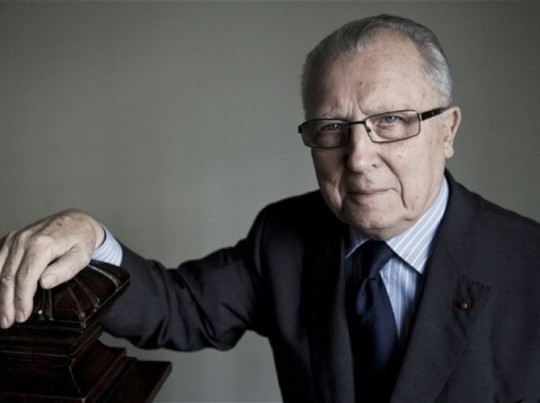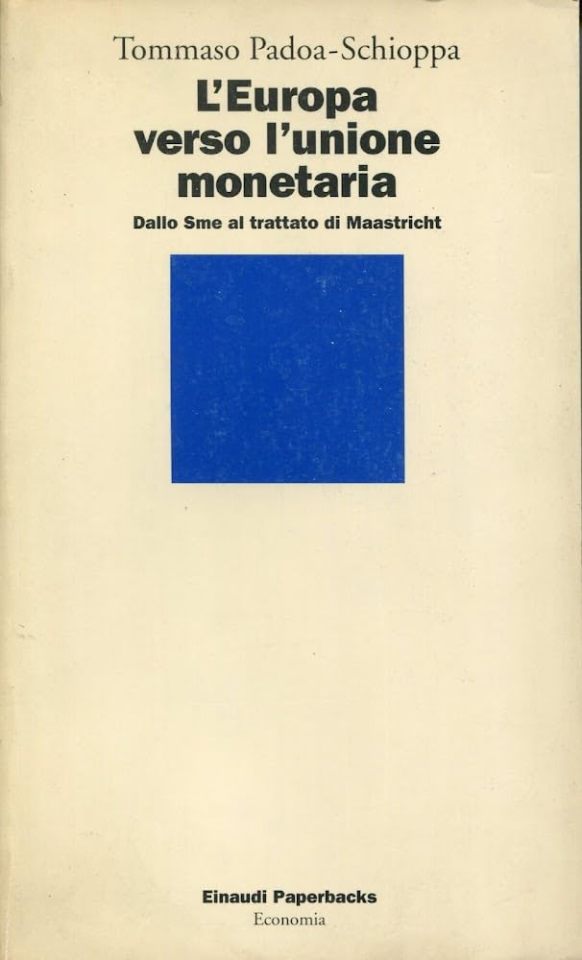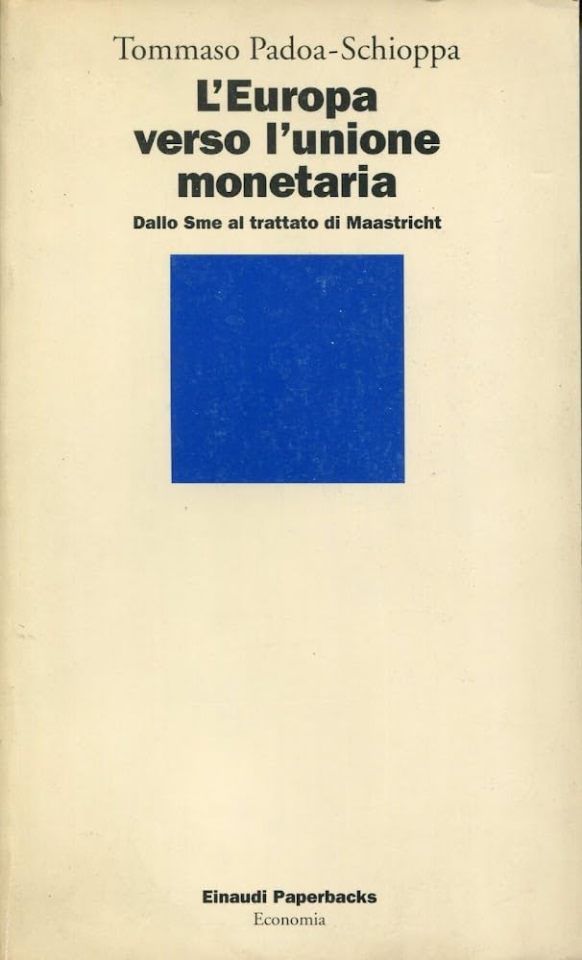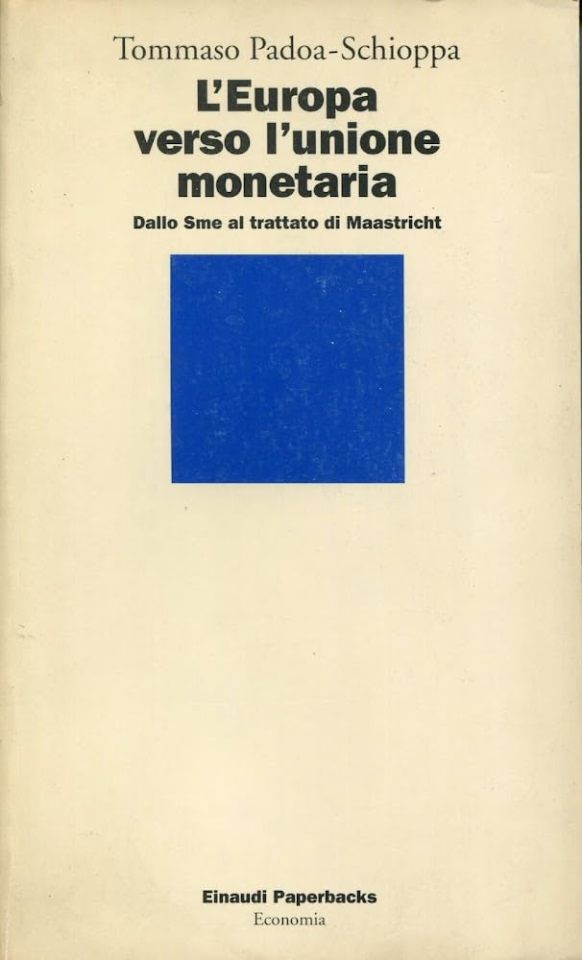#Jacques Delors
Text

Jacques Delors
#suitdaddy#suiteddaddy#suit and tie#men in suits#suited daddy#suited grandpa#suitedman#suit daddy#daddy#buisness suit#suitfetish#silverfox#suited men#suitedmen#suited man#French man#French men#Jacques Delors
28 notes
·
View notes
Text

Quelques dessins 😁 ....😏




Dessin de presse de Placide, Chappatte, Goubelle, Bouzon, Sié, Chaunu.




Bel après-midi 👋

#art#dessin de presse#illustration#actualité#humour#funny pics#noël#christmas#jacques delors#sié#chaunu#placide#chappatte#goubelle#bouzon#belaprèsmidi#fidjie fidjie
27 notes
·
View notes
Text

Jacques Delors, president of the European Commission during its most imperial and self-confident years, unwittingly became the Gallic symbol to British eurosceptiques of all they feared and despised about the great European project. This perplexed but did not faze him, especially given that after his departure the structure and aims of the European Union remained much as he had envisaged them during his decade from 1985 in Brussels. Appointed to a record three terms as president, he has claims to be the most significant architect and leader of the European project since its emergence following the second world war.
The irony was that the great achievement of Delors, who has died aged 98, was the creation of a single regulated market for trade, goods and services across the European Union – an idea that Margaret Thatcher, his nemesis, enthusiastically signed up to. However, he wanted to go much further than her and some other European leaders, seeing the concomitant need for a single currency and a more powerful, centralised federalist governing system in a global economy with competing power blocs: “National sovereignty no longer means much. . . voluntary cooperation never works,” he said. “In order to face American and Japanese challenges we need to be supranational” – this before the rise of China as an economic power.
Delors, with his lower middle-class background, his ferocious work ethic, his strong religious faith allied to an economist’s belief in fiscal restraint and anti-inflationary caution, might have been a natural ally of Conservative prime ministers. Thatcher backed his appointment to the commission in 1984, and his subsequent reappointment. But his very Frenchness – his strong accent, his pinched and somewhat rancorous manner, and his Gallic confidence in centralised government – counted against him as the tide of popular opinion on both sides of the Channel started to turn in reaction to economic downturn, job insecurity and rising unemployment. Certainly national governments made sure that no commission president would ever be so powerful again.
What was remarkable was that Delors did not come from the privileged French elite of énarques, graduates of the École Nationale d’Administration, whose expectation is that they will run things, or from a powerful party political powerbase, but had fought his way up through ability, application and hard work. The only child of Jeanne (nee Rigal) and Louis Delors, a grievously wounded veteran of the first world war who had left the rural region of Corrèze in south-central France to become a messenger at the Banque de France in Paris, Jacques was born in the working-class 11th arrondissement of the French capital.
His background – half respectable urban poor, half self-reliant rural peasant – did not turn him into a socialist but encouraged him to become a member of the Jeunesse Ouvrière Chrétienne (the Young Christian Workers) movement (and an able member of its basketball team). Delors’ devout Catholic faith shaped his politics, and although he became a member of the French Socialist party in the 1970s he said later: “I’ve never been fascinated by communism and Marxism – I am undoubtedly the only man on the French left who never has been. I believed one could improve society but not change society.” It was his Catholicism that fuelled his support for collective social responsibility and co-operation.
His education was disrupted by the second world war, and afterwards he was diverted from going to university by his father’s insistence that he should follow him into the Banque de France. Otherwise, he might have become a fashion designer, film director or sports journalist. Instead he worked as a securities manager, studied economics at evening classes and married another staff member, Marie Lephaille, who was of Basque origin, in 1948. The bank wanted to promote him, but in 1953 he accepted a job as an economist with a Christian trade union that appreciated his skill at explaining economic concepts clearly. When, years later, François Mitterrand asked him how he had acquired that skill, Delors replied: “If I am clear, it is because I have had little education. As I am not clever, before understanding something I have to make a huge effort.”
By the late 1960s that fluency and seriousness had taken him into politics, as an adviser to the Gaullist government and then into the Socialist party, tempering its secularism. Under Mitterand he became the government’s economics minister (1981-84), gaining the reputation of saving France from financial meltdown by reining in the socialists’ wildly unrealistic spending policies, curbing inflation and cutting the ballooning budget deficit, despite Mitterand’s cynical havering and the outright opposition of most of his fellow ministers.
He impressed European finance ministers and even eventually the sceptical Mitterand, though not enough to be made prime minister: “Delors,” said the president, “smells of the sacristy.” Instead, when there was a vacancy for the presidency of the commission, he was put up for that job as the acceptable French face of economic realism for leaders such as the German chancellor Helmut Kohl and Thatcher.
The commission, once described as a civil service with attitude (not only administering community policies but proposing and implementing its rules and regulations), was in a state of complacent near-torpor when Delors arrived in January 1985. Within a fortnight, following consultations with national governments, he shook things up with the announcement of plans to launch a European single market over the coming seven years, removing trading barriers and discrimination against foreign competitors. Stasis in decision-making in Brussels was countered by reducing countries’ vetoing powers. In constructing the single market he would have the enthusiastic support of the British Tory internal market, tax and customs commissioner Lord (Arthur) Cockfield.
More clearly than leaders such as Thatcher, who thought of it merely as a freeing up of markets, Delors saw the implications for states’ social and employment policies and, eventually, currencies as well: alarm bells rang when he announced that within a decade 80% of economic legislation, including taxation and social policy, would come from the commission. The single market was, certainly initially, a means of stopping Europe’s relative economic decline in the world, but it would also have wider international benefits. He told the European parliament that the member states would have to learn “to speak with a single voice and act together”, and added: “Are we Europeans capable of it? Whether it concerns currency instability, prohibitive rates of interest, hidden protectionism, a decline in aid to the poorest countries – no, Europe has not known how to lead the way.”
Under Delors, the commission became more forceful and outspoken, but also more tightly governed by the president’s cabinet coterie of mainly French staff. They – like him, but unlike many others in the commission – had a Stakhanovite work ethic and an arrogance in enforcing the president’s will across its departments.
Delors thought of himself as an internationalist, with a penchant for jazz and American films, but he was little travelled and struggled to appreciate national foibles and political differences. His strong French accent when speaking English and his austere and unsmiling appearance seemed to typify the arrogant European bureaucrat to the British tabloids, increasingly adopting the sceptical tone of the Thatcher government. He was wily but also outspoken, not always choosing his words carefully or respecting sensitivities.
In 1988 he told the TUC Congress that the commission would require governments to introduce pro-labour legislation, including a right to training and improved protection for workers. That swung the British left and the trade unions almost overnight in favour of Europe as a bulwark against Thatcherism, but it naturally infuriated the prime minister, who retaliated with a speech in Bruges. “We have not successfully rolled back the frontiers of the state in Britain only to see them reimposed at a European level with a European superstate exercising a new dominance from Brussels,” she said.
Thus was a new Tory trope born, gradually replacing the party’s previous pro-Europeanism, though two years later Thatcher’s “No! No! No!” to Delors and federalism in the Commons was what precipitated her downfall. More demotically, “Up Yours Delors!” was the Sun’s headline response, reflective of a growing identification of the commission president with the ills of Europe.
By the early 1990s, with the single market in place, Delors’ plans for the next stage – the single currency and political union – were causing consternation among voters in other countries besides Britain. His perceived stubbornness was exemplified when he attempted to derail a deal on farm subsidies with the US, holding up a world trade agreement, because he believed it would undercut French agriculture. The commission’s pre-emptive announcements across a range of issues fed into a wider perception of its indifference to national preferences and democratic decisions.
This came to a head with the Maastricht Treaty of 1992, which – over 250 convoluted and constipated pages – outlined the creation of the European Union, explained new modes of governance within it, and detailed steps towards the adoption of the euro through the creation of the European Monetary System. Its passage through the member states, in legislatures and referendums, was fraught: it nearly brought down John Major’s government in the UK, was initially rejected by the Danes, and was only endorsed by the narrowest of margins by the French. The treaty became a symbol of an out-of-touch bureaucracy and commission president, both unable to connect with or explain to Europe’s voters either why the changes were necessary or what their benefits would be.
Delors’ infuriated statements, such as in a speech in Quimper, Brittany, where he asserted that “there’s no place in a democracy for people who call for a non,” only fuelled the mainly rightwing campaigns against the treaty and created resentment about Europe’s creeping interference in national democratic procedures.
Nevertheless, the treaty eventually passed. Delors had wrestled Europe into a new, more unified and federal direction, with the new states of eastern Europe queueing up to join. However, the treaty was also the harbinger of growing difficulties to come, especially as the single currency intially faltered in the following decade.
Delors, by then the longest serving president in the commission’s history, seemed to recognise that his time was now over. “I became the symbol of an idea of Europe which is in the process of vanishing,” he said in December 1993. “I am discouraged to the extent that I can no longer be useful. I can no longer stamp my mark on Europe. It’s finished [and] frankly, I am no longer the man for the job.”
It was assumed that when Delors stepped down from the presidency in 1995 that he would resume a political career in France, perhaps as a socialist candidate for the presidency. But it was not to be. The French elected the Gaullist Jacques Chirac to succeed Mitterrand, and by then Delors was anyway touching 70 and troubled by sciatica. In the EU, the heads of government had had enough of an overweening, over-ambitious commission and replaced Delors with the ineffectual former prime minister of Luxembourg, Jacques Santer – a man with no ambition to impose his will either on colleagues or on the governments of nations larger than his own.
Delors’ ambitions for Europe were hollowed out: even as he retired, the Balkan countries were erupting in ethnic violence that the EU proved powerless to prevent or stop. In a quiet retirement, he still lived unassumingly in a small Paris apartment, emerging not to pronounce on world events but to commentate on the Tour de France.
He and his wife had two children. Their son, Jean-Paul, a journalist, died of leukaemia in 1982 aged 29. Marie died in 2020. Their daughter, Martine Aubry, became a French government minister, mayor of Lille and leader of the French Socialist party (2008-12).
🔔 Jacques Lucien Jean Delors, politician and public servant, born 20 July 1925; died 27 December 2023
Daily inspiration. Discover more photos at Just for Books…?
7 notes
·
View notes
Link
#Hommage national#Invalides#Emmanuel Macron#Jacques Delors#l’Europe#Martine Aubry#politiques#news#breaking news
0 notes
Text
Jacques Delors, former European Commission president, dies aged 98
Jacques Delors and Martine Aubry
Jacques Delors, the former European Commission president considered a founding father of today’s EU, has died aged 98 at his home in Paris.
Delors, also a former French government minister, was a passionate advocate of postwar European integration and credited as the driving force behind the introduction of the euro, the EU’s single currency, and the creation of…

View On WordPress
0 notes
Text

1 note
·
View note
Text
Mort à 98 ans de Jacques Delors, figure de la construction européenne - La DH/Les Sports+
Source: dhnet.be
0 notes
Text
Il contesto storico-politico italiano e comunitario negli anni '80
L’Italia degli anni ‘80 non subì in modo dirompente l’ondata conservatrice avviatasi in Europa all’inizio del decennio anche in conseguenza della politica intrapresa dalla Gran Bretagna guidata da Margaret Thatcher: nonostante lo spostamento a destra dell’asse di governo, attraverso la formula del pentapartito, la vita politica continuò a svolgersi secondo gli “schemi abituali” <1 incentrati…

View On WordPress
#1981#1983#1988#Altiero Spinelli#Bettino Craxi#bilanci#CEE#Ciriaco De Mita#DC#deficit#economia#Enrico Berlinguer#estra#Europa#Giovanni Spadolini#governi#Jacques Delors#Massimo Piermattei#mercato#MSI#PCI#PLI#poltica#PRI#PSDI#PSI
0 notes
Text
Il contesto storico-politico italiano e comunitario negli anni '80
L’Italia degli anni ‘80 non subì in modo dirompente l’ondata conservatrice avviatasi in Europa all’inizio del decennio anche in conseguenza della politica intrapresa dalla Gran Bretagna guidata da Margaret Thatcher: nonostante lo spostamento a destra dell’asse di governo, attraverso la formula del pentapartito, la vita politica continuò a svolgersi secondo gli “schemi abituali” <1 incentrati…

View On WordPress
#1981#1983#1988#Altiero Spinelli#Bettino Craxi#bilanci#CEE#Ciriaco De Mita#DC#deficit#economia#Enrico Berlinguer#estra#Europa#Giovanni Spadolini#governi#Jacques Delors#Massimo Piermattei#mercato#MSI#PCI#PLI#poltica#PRI#PSDI#PSI
0 notes
Text

Jacques Delors
#suitdaddy#suiteddaddy#suit and tie#men in suits#suited daddy#suited grandpa#suitedman#suit daddy#daddy#silverfox#suitfetish#buisness suit#suited men#suitedmen#suited man#French man#French men#Jacques Delors
16 notes
·
View notes
Text
Il contesto storico-politico italiano e comunitario negli anni '80
L’Italia degli anni ‘80 non subì in modo dirompente l’ondata conservatrice avviatasi in Europa all’inizio del decennio anche in conseguenza della politica intrapresa dalla Gran Bretagna guidata da Margaret Thatcher: nonostante lo spostamento a destra dell’asse di governo, attraverso la formula del pentapartito, la vita politica continuò a svolgersi secondo gli “schemi abituali” <1 incentrati…

View On WordPress
#1981#1983#1988#Altiero Spinelli#Bettino Craxi#bilanci#CEE#Ciriaco De Mita#DC#deficit#economia#Enrico Berlinguer#estra#Europa#Giovanni Spadolini#governi#Jacques Delors#Massimo Piermattei#mercato#MSI#PCI#PLI#poltica#PRI#PSDI#PSI
0 notes
Text
French farming unions are taking aim at the European Union’s free-trade agreements, which they say open the door to unfair competition from products arriving from overseas. At a time when the EU is urging farmers to adopt more sustainable – and sometimes more costly – agricultural practices, unions say these trade deals are making it hard for them to stay solvent.
French farmers say that one of their biggest fears is that Chilean apples, Brazilian grains and Canadian beef will flood the European market, thereby undermining their livelihoods. France’s farmers continued to demonstrate on the country’s motorways on Wednesday, protesting against rising costs, over-regulation and free-trade agreements –partnerships between the EU and exporting nations that the farming unions say leads to unfair competition.
The EU has signed several free-trade agreements in recent years, all with the objective of facilitating the movement of goods and services. But farmers say the deals bring with them insurmountable challenges.
"These agreements aim to reduce customs duties, with maximum quotas for certain agricultural products and non-tariff barriers," said Elvire Fabry, senior researcher at the Jacques Delors Institute, a French think-tank dedicated to European affairs. "They also have an increasingly broad regulatory scope to promote European standards for investment, protection of intellectual property, geographical indications and sustainable development standards."
South American trade deal in the crosshairs
Some non-EU countries – such as Norway, Liechtenstein and Iceland – maintain comprehensive free-trade agreements with the EU because they are part of the European Economic Area. This allows them to benefit from the free movement of goods, services, capital and people.
Other nations farther afield have signed more variable agreements with the EU, including Canada, Japan, Mexico, Vietnam and Ukraine. The EU also recently signed an accord with Kenya and a deal with New Zealand that will come into force this year; negotiations are also under way with India and Australia.
However, a draft agreement between the EU and the South American trade bloc Mercosur is creating the most concern. Under discussion since the 1990s, this trade partnership between Argentina, Brazil, Uruguay and Paraguay would create the world's largest free-trade area, a market encompassing 780 million people.
French farmers are particularly concerned about the deal’s possible effect on agriculture. The most recent version of the text introduces quotas for Mercosur countries to export 99,000 tonnes of beef, 100,000 tonnes of poultry and 180,000 tonnes of sugar per year, with little or no customs duties imposed. In exchange, duties would also be lowered on exports from the EU on many “protected designation of origin” (PDO) products.
At a time when the EU is urging farmers to adopt more sustainable agricultural practices, French unions say these agreements would open the door to massive imports – at more competitive prices – of products that do not meet the same environmental standards as those originating in Europe. French farmers are calling out what they say is unfair competition from farmers in South America who can grow GMO crops and use growth-promoting antibiotics on livestock, which is banned in the EU.
Trade unions from various sectors went into action after the European Commission informed them on January 24 that negotiations with Mercosur could be concluded "before the end of this mandate", i.e., before the European Parliament elections in June.
The FNSEA, France’s biggest farming union, immediately called for a "clear rejection of free-trade agreements" while the pro-environmental farming group Confédération Paysanne (Farmers' Confederation) called for an "immediate end to negotiations" on this type of agreement.
A mixed record
"In reality, the impact of these free-trade agreements varies from sector to sector," said Fabry. "Negotiations prior to agreements aim to calibrate the opening up of trade to limit the negative impact on the most exposed sectors. And, at the same time, these sectors can benefit from other agreements. In the end, it's a question of finding an overall balance."
This disparity is glaringly obvious in the agricultural sector. "The wine and spirits industry as well as the dairy industry stand to gain more than livestock farmers, for example," said Fabry. These sectors are the main beneficiaries of free-trade agreements, according to a 2023 report by the French National Assembly.
"The existence of trade agreements that allow customs duty differentials to be eliminated is an 'over-determining factor' in the competitiveness of French wines," wrote FranceAgriMer, a national establishment for agriculture and maritime products under the authority of the French ministry of agriculture in a 2021 report. The majority of free-trade agreements lower or abolish customs duties to allow the export of many PDO products, a category to which many wines belong.
However, the impact on meat is less clear-cut. While FranceAgriMer says the balance between imports and exports appears to be in the EU's favour for pork, poultry exports seem to be declining as a result of the agreements. Hence the fears over the planned treaty with New Zealand, which provides for 36,000 tonnes of mutton to be imported into the EU, equivalent to 45% of French production in 2022. France,however, still has a large surplus of grains except for soya.
‘A bargaining chip’
Beyond the impact on agriculture, "this debate on free-trade agreements must take into account other issues", said Fabry. "We are in a situation where the EU is seeking to secure its supplies and in particular its supplies of strategic minerals. Brazil's lithium, cobalt, graphite and other resource reserves should not be overlooked."
The agreement with Chile should enable strategic minerals to be exported in exchange for agricultural products. Germany strongly supports the agreement with Mercosur, as it sees it as an outlet for its industrial sectors, according to Fabry.
"In virtually all free-trade agreements, agriculture is always used as a bargaining chip in exchange for selling cars or Airbus planes," Véronique Marchesseau, general-secretary of the Confédération Paysanne, told AFP.
Michèle Boudoin, president of the French National Sheep Federation, told AFP that the agreement with New Zealand will "destabilise the lamb market in France".
"We know that Germany needs to export its cars, that France needs to sell its wheat, and we're told that we need an ally in the Pacific tocounter China and Russia. But if that is the case, then we need help to be able to produce top-of-the-line lamb, for example," she said.
Finally, "there is a question of influence", said Fabry. "These agreements also remain a way for the EU to promote its environmental standards to lead its partners along the path of ecological transition, even if this has to be negotiated," said Fabry.
Marc Fesneau, the French minister of agriculture, made the same argument. "In most cases, the agreements have been beneficial, including to French agriculture," Fesneau wrote on X last week, adding: "They will be even more so if we ensure that our standards are respected."
Mercosur negotiations suspended?
As the farmers’ promised “siege” of Paris and other major locations across France continues, the French government has been trying to reassure agricultural workers about Mercosur, even though President Emmanuel Macron and Brazilian President Luiz Inácio Lula da Silva relaunched negotiations in December. "France is clearly opposed to the signing of the Mercosur treaty," Prime Minister Gabriel Attal acknowledged last week.
The Élysée Palace even said on Monday evening that EU negotiations with the South American bloc had been suspended because of France's opposition to the treaty. The conditions are "not ripe" for concluding the negotiations, said Eric Mamer, spokesman for the European Commission. "However, discussions are ongoing."
Before being adopted, the agreement would have to be passed unanimously by the European Parliament, then ratified individually by the 27 EU member states.
#nunyas news#eco stuff all these countries passing their#pollution off to other countries#then adding in transport#making it far worse
6 notes
·
View notes
Text

Jacques Delors, ancien président de la Commission européenne, ancien ministre de l’Économie et des Finances, ancien député européen, ancien maire de Clichy, ancien membre du conseil général de la Banque de France, ancien membre du conseil d’administration de l’Institut Jacques-Delors, ancien membre d’honneur de l’Institut Aspen France, ancien membre honoraire du Club de Rome, ancien membre du Siècle
3 notes
·
View notes











